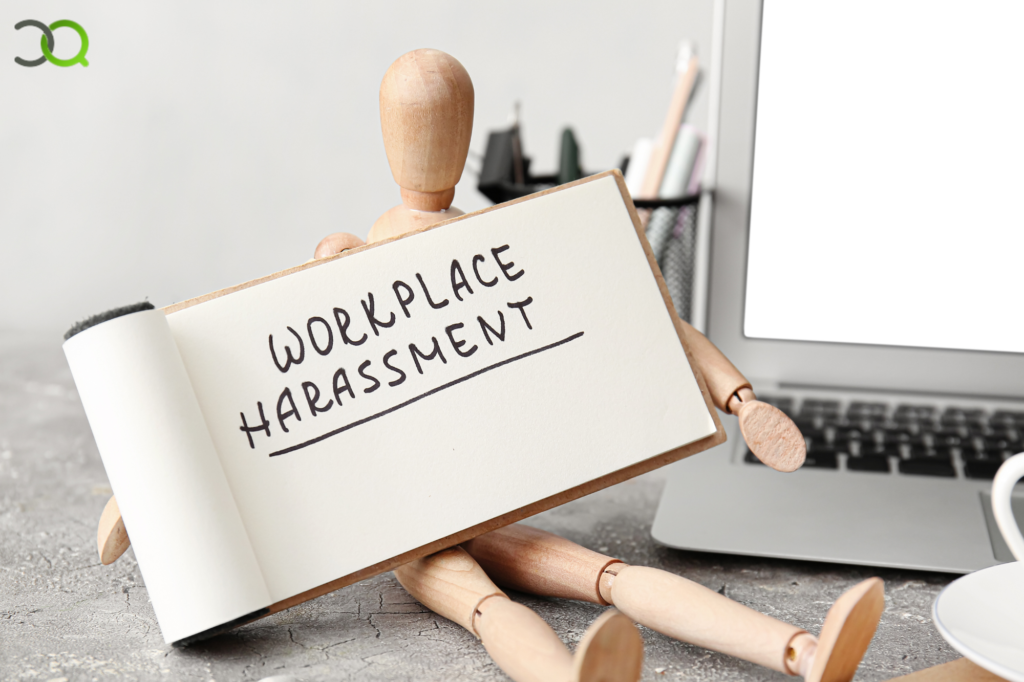
Justice must always be served
Martin Luther King Jr. once said, “Injustice anywhere is a threat to justice everywhere. We are caught in an inescapable network of mutuality, tied in a single garment of destiny. Whatever affects one directly, affects all indirectly.”
When you take action against injustice, you don’t just speak up for yourself but you also deter the perpetrator from repeating such an action or actions in future.
A woman, sexually harassed and victimized at her workplace, what action can she take?
Under the POSH Act, any organization having more than ten employees is required to constitute an Internal Committee (IC) to receive and redress complaints related to sexual harassment in a time-bound and confidential manner. In cases, where there are less than ten employees or complaint is to be made against the employer or a third party, a District Officer shall constitute a Local Committee (LC) to receive complaints related to sexual harassment from establishments.
Section 4 (2) of the Act states about composition as follows:
- A Presiding Officer: This must be a senior female employee of the organization.
- Two employee members: These employees must be aware and sensitive to gender issues and dedicated to the cause of women or possess some legal knowledge on related matters.
- One external member: This should be from an NGO or Association committed to the cause of women and issues related to sexual harassment.
The composition should be such that half of the total members must be women.
Quorum Of IC:
An inquiry is to be conducted by a minimum of three members of the Committee and a Presiding officer.
Powers of the Internal Complaints Committee
The IC is vested with the powers of a Civil Court under the Civil Procedure Code, 1908
1) To initiate an inquiry into the complaint of a sexual harassment incident at the workplace
2) To summon witnesses and parties before the committee to give a statement.
3) To assert its powers and summon evidence to be examined if it is deemed necessary to do so by the Committee.
Timeline of the Complaint
1) Submission of Complaint-Within 3 months of the last incident in writing. Where the Complainant is unable to write then IC shall support the aggrieved woman for making the complaint in writing.
2) Notice to the Respondent-Within 7 working days of receiving a copy of the complaint
3) Submission of reply along with supporting documents by the Respondent-Within 10 working days of receiving a copy of Complaint.
3) Completion of Inquiry-Within 90 working days from the date of receipt of complaint.
4) Submission of Report-Within 10 working days of completion of the inquiry to the Employer or District officer as the case may be and a copy of the report must also be shared with the concerned parties.
5) Implementation of Recommendations-Within 60 days
6) Appeal-Within 90 days of the recommendations
A conciliation is achieved only if the aggrieved woman wants to settle the matter through conciliation. If there is no conciliation or settlement reached, or if settlement has not been complied with by the respondent, an inquiry is then initiated by the IC.
The Committee must make inquiry into the complaint in accordance with the principles of natural justice. Committee can terminate the inquiry or give ex-parte decision, if complainant or respondent respectively is absent for 3 consecutive hearings, without sufficient reason. In case of termination, fifteen days written notice is given to the parties before termination of enquiry or ex-parte order.
During the process of inquiry the complainant or respondent can be transferred to any other workplace if so desired by the complainant and further a paid leave can be granted to her for a period of three months.
Upon investigation if the committee finds that the accusations were falsely made with a malicious intent to tarnish the reputation of the concerned individual the Committee may ask the employer or the District Officer to take strict actions against the Complainant.
If the allegations are proven the Committee may recommend the Employer or District Officer to take disciplinary action by way of a written apology, counselling, community service, transfer of either the perpetrator or the victim, reprimand or censure, issue a written warning and finally terminate his employment services.
The entire proceedings of the inquiry must happen in an extremely confidential manner and the names of none involved in the matter should be published in any way.
